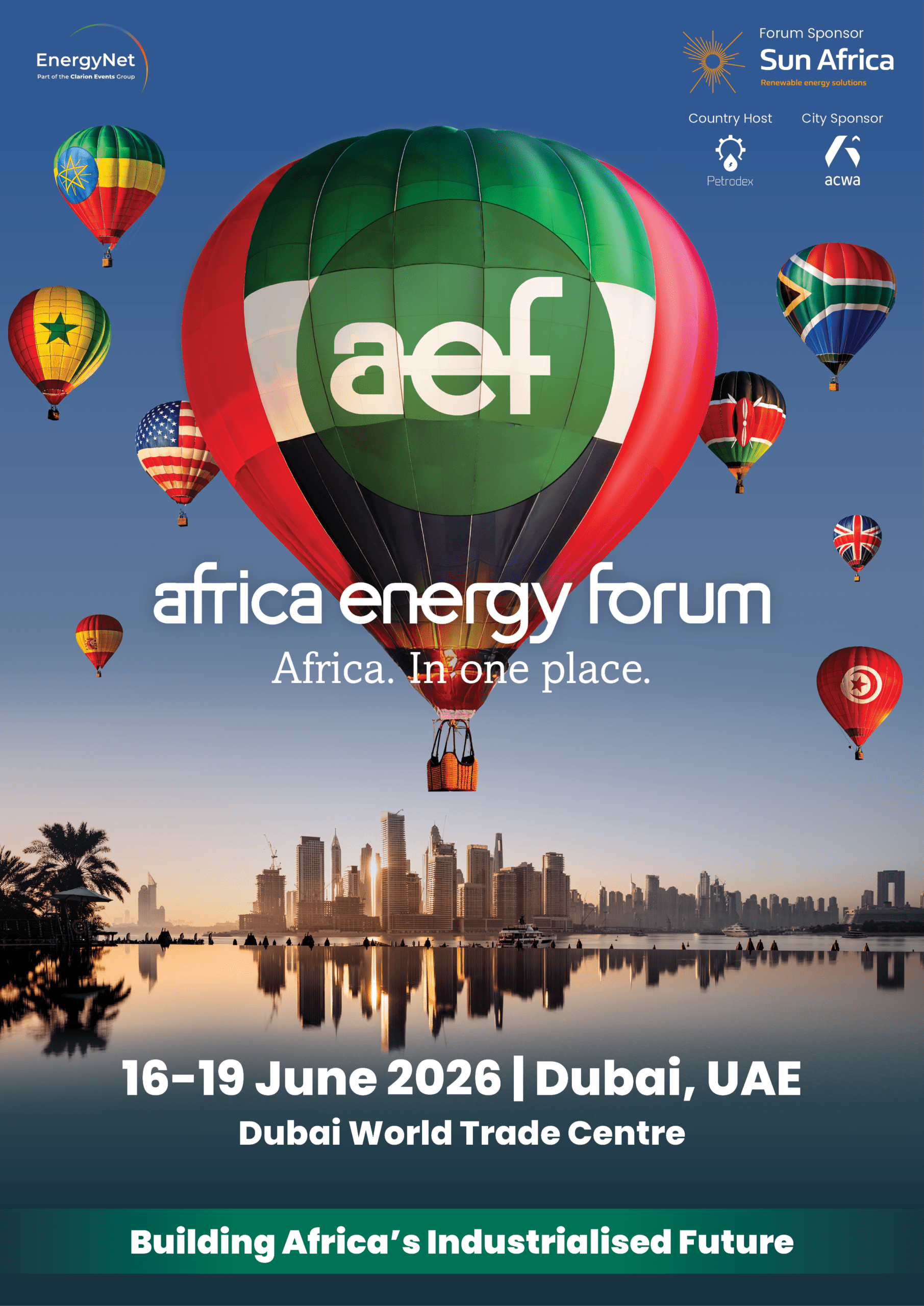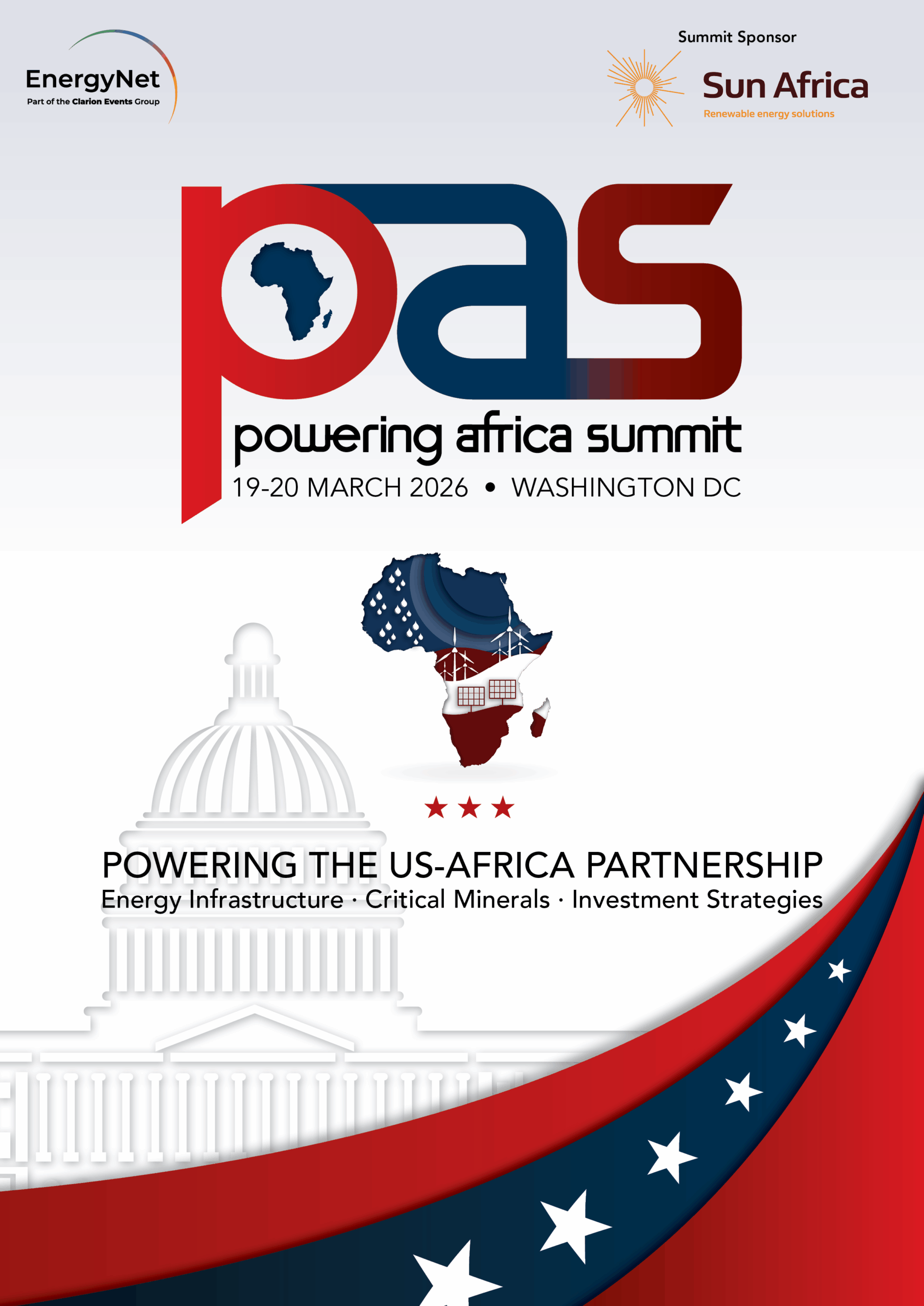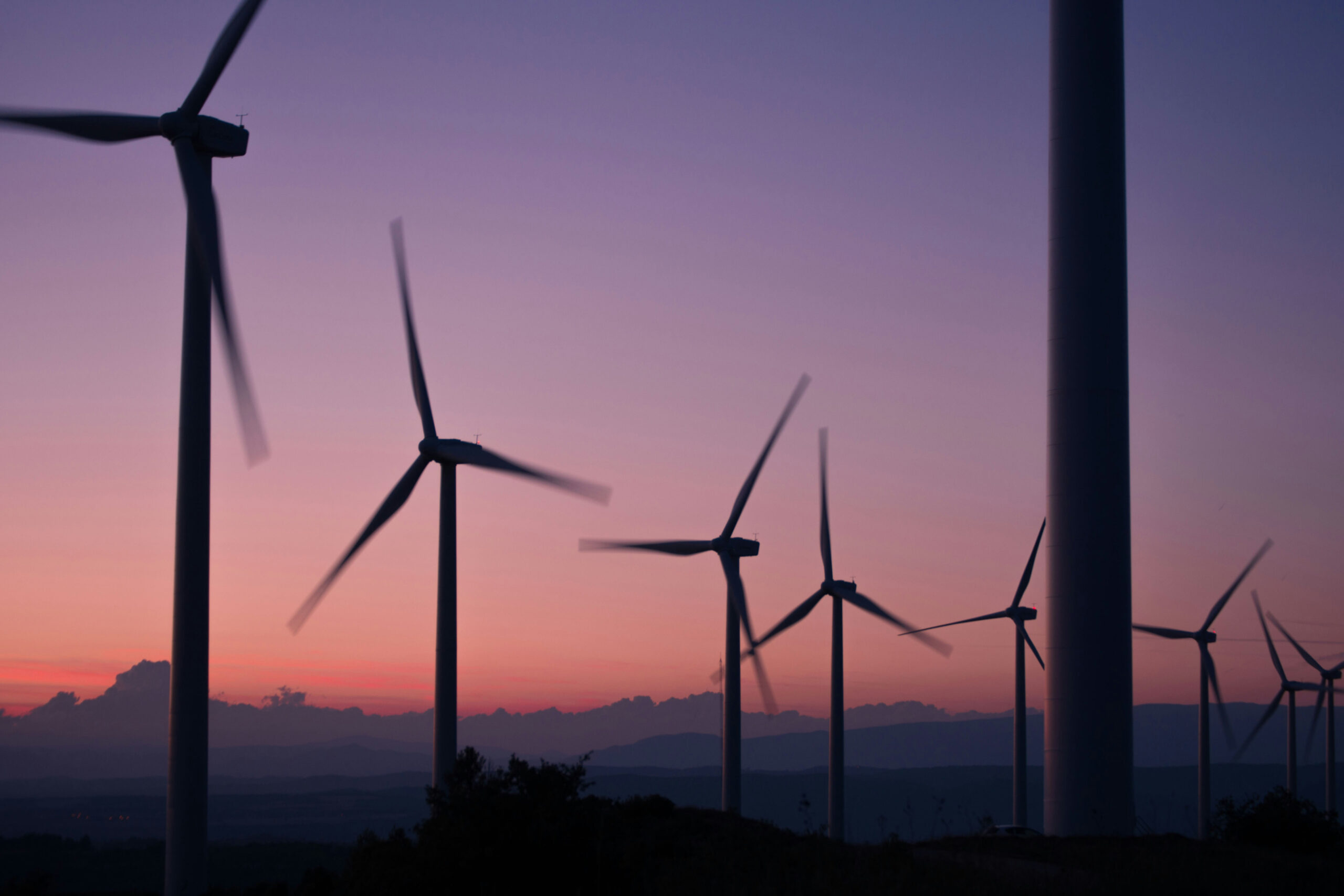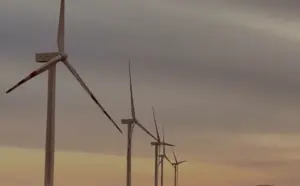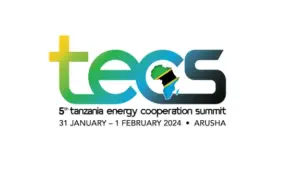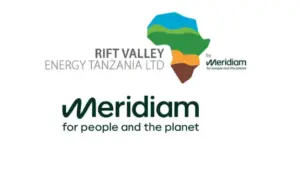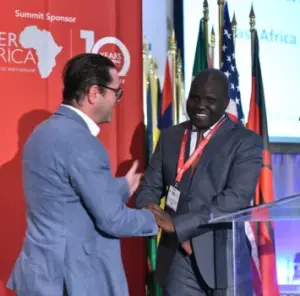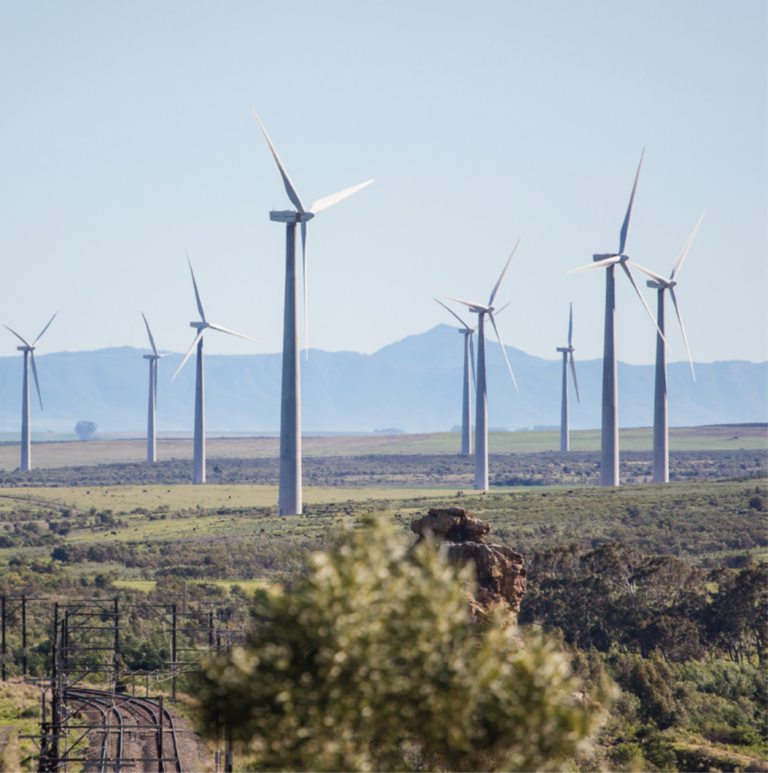
One Rule for Them?
Hydrocarbons-related projects across the globe are finding it harder to get a hearing these days. But, asks James Gavin, is Africa still being held to tougher standards than other parts of the world?
Stricter environmental, social and governance (ESG) monitoring is making the financing of hydrocarbons ever more challenging, even in a climate where the global call on oil and gas has spiked this year – and Opec is struggling to fill the gap left by absent Russian barrels.
For international oil and gas companies, many of whom are in the process of transitioning away from fossil fuel reliance, the terrain is getting increasingly treacherous. They continue to make easy targets for protestors, and the public’s sympathy for their predicament is limited – particularly while high commodity prices are translating into sizeable revenue streams and, in the case of the majors, booming profits.
This is having consequences. In the UK, the Conservative government announced in May a windfall tax on oil and gas companies active in the UK North Sea that was twice as high as anything the opposition Labour party was initially proposing.
Internationally, the world’s G7 group of industrial economies have agreed to halt funding any fossil fuel developments from the end of this year. According to a G7 communique agreed on 27th May, all taxpayer funding for oil, gas and coal projects overseas will be stopped.
Africa is now central to the debate, being asked to sacrifice potential growth industries before they have even got underway, even though the continent’s carbon footprint is a tiny fraction of the global total. That feeling among many Africans that they are being held to a higher standard than major CO2 emitters in mature markets is not going away.
For hydrocarbons sector newcomers like Tanzania and Uganda, the timing of this pressure is proving less than opportune. Their ambitions to develop resources for export are facing ever greater challenges. Reuters reported in mid-May that Deutsche Bank would not be financing the planned $3.5 billion East African Crude Oil Pipeline (EACOP) from Uganda’s oilfields to the Tanzanian coast that environmental campaigners say would displace thousands of families and disrupt the environment. Germany’s largest lender had come under pressure to clarify its stance on the financing, as many major banks and insurers had already pulled out of the EAOP project.
Legal challenges intensify
The challenge facing the financing of African hydrocarbons projects was put in stark relief, when, in early 2022, a UK court considered the legal implications of the Paris climate change agreement on government support for fossil fuel production. A judicial review brought by environmental group Friends of the Earth (FoE) challenged the decision of UK Export Finance (UKEF), an export credit agency, to provide up to $1.15 bn in export credit support in relation to the Area 1 liquefied natural gas (LNG) facility in Mozambique.
Under the Paris agreement, international finance flows are regarded as critical to the strengthened response to climate change and should be consistent with a pathway towards low greenhouse gas emissions and climate-resilient development.
FoE argued that this project would be inconsistent with that objective, noting that the construction phase of the LNG project alone would increase the greenhouse gas emissions of Mozambique by up to 10%. Furthermore, emissions from the gas when burned by end users would add around 116m tonnes of CO2 equivalent per year – similar to total annual emissions from the aviation sector for all EU member states combined, according to the environmental group.
But perspective is needed here. For its part, Mozambique would argue that the 13m tonnes a year Area 1 project – the country’s first onshore LNG development – will have a transformative impact on its struggling economy, which currently produces a tiny amount of GHG emissions.
Or to look at it another way, as one southern African financier recently put it, while 1.4bn Africans generate about 4% of the world’s emissions, the same number of Chinese generate about 30% of the world’s emissions, so it’s hardly a level playing field.
Meanwhile, FoE and other environmental groups appear less exercised by gas expansion plans of the US, for example, which is has 27 gigawatts of new gas-fired power coming on stream in the next three years. Mozambique, by contrast, is building just one power plant with less than half a gigawatt of gas-fired power. Yet it is Maputo that has found its ability to tap concessionary funding facing legal obstacles.
The court eventually dismissed FoE’s case, effectively siding with the view that the project would do more good than harm overall. As one of the judges in the case noted in his ruling, if ECAs were not allowed to fund any fossil fuel projects this would perpetuate “the classic injustice that developed countries have had the advantage of developing their fossil fuels, but seek to prevent their under-developed neighbours from securing the same advantage, condemning developing countries to continuing poverty”.
The policy question is whether ECAs, development finance institutions and multilateral banks can coalesce around a generally accepted consensus approach, which is that carbon-intensive projects in very poor countries should only be considered once all the alternatives have been properly assessed. On paper, that seems reasonable enough. But if developed world schemes somehow evade such strictures, that hardly seems fair.
If Mozambique were to build a fertiliser plant, a strong case could be made for making sure solar power played a role and that would probable get funded relatively easily. But natural gas would still be required as back up – as well as supplying feedstock for the fertiliser — to make it a commercial proposition. If that put it out of bounds for financiers, such projects are unlikely to get off the ground.
If it’s good enough for the West…
Western countries, looking at supply shortages induced by the Ukraine crisis, are choosing to boost fossil fuel production and exports, so it is no surprise if Africans look at their own hydrocarbons resources through a similar energy security lens. Why wouldn’t African countries want to use locally produced natural gas as the main baseload complement to intermittent wind and solar in the electricity system? But if there is now a consensus that carbon-fuelled projects in poor countries will only be sanctioned if all alternatives have been exhausted, how will this play out?
Clearly there is scope for policymakers and finance institutions to examine credible alternatives. That means taking a hard look at projects or initiatives to decide whether they can be developed without fossil fuels in a similar time frame and at a similar cost, and whether they would meet the required purpose.
But that is not always going to be the case. There’s plenty of effort being put into building out African solar and wind power, both on- and off-grid. But the idea that renewables can solve all the continent’s power and industrial feedstock deficiencies in the next decade seems somewhat idealised.
The reality is that most of Africa is urban and becoming more urban. Industrialisation is unavoidable, and gas is likely to have an important role to play.
The past year has seen increased interest in African upstream prospects, with those such as TotalEnergies’ Venus discovery in offshore Namibia galvanising wider industry interest. These gas developments could displace significant amounts of more polluting coal in regional economies. That is likely to have a more marked impact on curbing emissions than thwarting new pipeline projects like EACOP.
DFIs in the West will continue to pursue alignment with the Paris agreement. But the message from parts of Africa is loud and clear that this should not mean funding renewables only.
There is scope for a more nuanced application of ESG – environmental, social and governance issues. It can be argued that the “E” gets more priority than the “S” in Africa, but there is no reason why this should be the case. The onus falls to a large extent to the sponsors of large energy schemes to prove that they can deliver major economic benefits that result in a much broader social payoff.
Renewables financing concern
Another important point is that, even if Africa is starved of funding for traditional oil and gas projects, that doesn’t automatically mean it will magically be prioritised for renewables funding.
As the Global Landscape of Climate Finance 2021 report published by think-tank Climate Policy Initiative notes, out of a total of $632 billion committed to climate finance in the financial year 2019-20, just $19bn (equivalent to 3%) went to sub-Saharan Africa. It finds that around three-quarters of global climate investments were concentrated in the East Asia and Pacific, Western Europe, and North America regions, while the remaining regions received less than a quarter.
Private funding continues to benefit the wealthier countries. Climate investment in the economically advanced regions of Western Europe, North America, and Oceania were primarily funded by private finance, while other regions sourced their climate investments mostly from public sources, the report finds.
Indeed, the highest dependency on public finance (88%) was observed in Sub-Saharan Africa, underpinning the critical role of public institutions and governments in driving climate actions in economically constrained and vulnerable countries, as well as the importance of using public finance strategically to further mobilise private funds towards these territories.
Serious arguments can be made that Africa’s hydrocarbons plans should be exposed to greater scrutiny. Practical issues will need to be addressed, such as likely demand from export markets. For example, China’s next-generation ultra-high-voltage direct-current transmission links will be able carry heavy loads of renewable electricity over long distances. That may erode the urgency for sending oil and gas long distances to Asia.
And if pressure groups are ultimately successful in curbing the flow of funds to African oil and gas schemes, it will force local institutions to build up their fledgling resources.
The likes of African Export-Import Bank (Afreximbank) have been prominent in backing major African oil and gas development. Other forms of funding can be made available. The question is, will it be enough to fill the sizeable gap that would be left if western ECAs are prevented from funding African projects?
The next year may go some to way to help answer that question.


